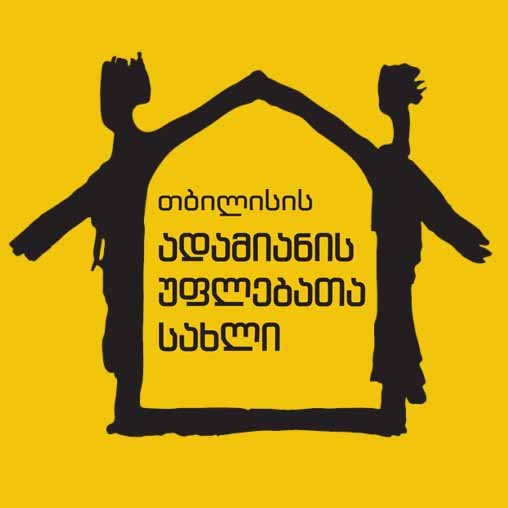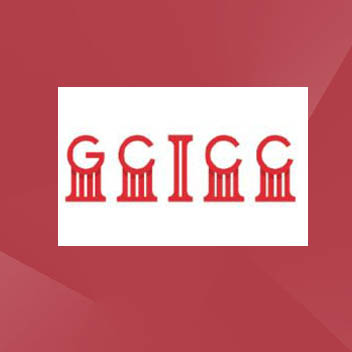News
Strasbourg Court Held Violation of Right to Life and Ordered the State to Pay 12 000 EURO to the Applicant
04.03.2024
Font size
The European Court of Human Rights published judgment on the case Elibashvili v. Georgia and held the violation of the procedural limb of Article 2 of the Convention. Human Rights Center prepared the application for the applicant, in which she complained for the death of her son and ineffective investigation into the incident based on the Articles 2 and 13 of the European Convention on Human Rights.
On the case Elibashvili v. Georgia, the European Court of Human Rights held that there has been a violation of the procedural limb of Article 2 of the Convention and concluded that the State failed to conduct independent, impartial and effective investigation into the incident. The Court indicated at the violations observed in the course of investigation and in fact, shared all arguments of the applicant with regard to the ineffectiveness of the investigation process. The Court rejected all arguments of the State.
As the judgment states, the Court cannot overlook the fact that the link between the death of the applicant’s son and his being pursued by the police was apparent as early as 3 August 2016. Even though the relevant domestic regulations provided that offences allegedly committed by police officers were to be investigated by a prosecutor’s office, the investigation had been assigned to the police. It was only fifteen months later that the investigation was taken over by the prosecutor’s office. Hence, the most crucial stage of the investigation was conducted by an authority lacking sufficient independence from the police officers whose responsibility might have been engaged in the incident. Moreover, several major deficiencies in the investigation are directly linked to that phase.
The European Court of Human Rights noted that video surveillance footage may constitute evidence that is critical for establishing the circumstances of the relevant events. The Court considers that the manner in which the CCTV evidence was gathered and handled in the present case was unsatisfactory. It appears that the majority of the requests to seize and obtain either road-traffic or private CCTV footage were made belatedly, with potentially important evidence being lost or deleted in the meantime.
Secondly, the Court underlined the inconsistencies between the statements of the two police officers and the traffic accident report which had been drawn up immediately after the incident on 1 August 2016. The Court could not get any explanation from the State as to why the initial traffic accident report failed to provide a full description of the incident. Thus, the fact that the applicant’s son had been pursued by the police on foot before disappearing in the dark, and the alleged involvement of other police officers in the search, were omitted altogether from the report. “…the remaining police officers were first interviewed with almost a four-month delay. In the absence of an explanation provided by the Government, the Court finds such a delay unjustified…”
“… Last but not least, the investigation has already been ongoing for more than seven years. The Government have not provided any explanation for such a lengthy investigation. Noting the recurrent nature of the problem of protracted criminal investigations, particularly in cases concerning suspicious deaths and/or ill-treatment involving representatives of the law-enforcement authorities. The Court finds this delay unjustified,” – the judgment of the European Court of Human Rights reads.
In the end, the Court held the investigation into the death of the applicant’s son was ineffective that violates the procedural limb of the Article 2 of the Convention (Right to Life).
As regards the issue of the alleged responsibility of the respondent State for the death of the applicant’s son, the Court considers, in view of the material available in the case file that it is not in a position to reach any definite findings under the substantive limb of Article 2 of the Convention.
The Court held that the respondent State is to pay the applicant, EUR 12,000, in respect of non-pecuniary damage.
On behalf of the applicant, Human Rights Center appealed the European Court of Human Rights in 2021.
Background:
On August 1, 2016 Zura Elbiashvili (surname at birth - Khutsishvili) was driving to the Tbilisi International Airport to meet his mother and brother. As Elibashvili never reached the airport, the family started to look for him. Three days later, on August 3, the family found his car on the penalty parking and his body in the Mtkvari River. As it was found out later, on August 1, 2016, the patrol police car chased Elibashvili. The police officers started chasing him for unknown reason and after Zura Elibashvili got out of the car and ran, the officers ran after him too alongside the Mtkvari River Embankment. Soon, the patrol officers returned to their car without identifying the location of Elibashvili; they did not call a rescue team either. On August 3, the body of dead Zura Elibashvili was found in the river. Although the police officers participating in the chase of the dead person are identified, the investigation has been underway without any results for 8 years already.
The expertise concluded that Zura Elibashvili died of asphyxia and the investigation was launched under the Article 115 of the Criminal Code of Georgia (bringing a person to the point of suicide). The criminal case changed the qualification only on August 10, 2020 and the investigation continued under the Article 115 and Article 342 Part II of the Criminal Code of Georgia (professional negligence that caused death of an individual or other grave result).
Human Rights Center
News
18.04.2025
The Suspension of Visa Liberalization Serves the Interests of Ivanishvili and Russia—Not the Georgian People
20.03.2025




